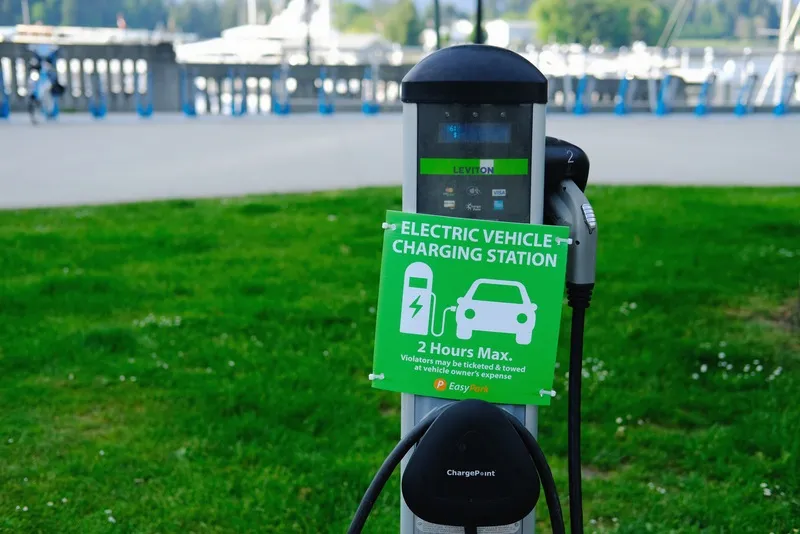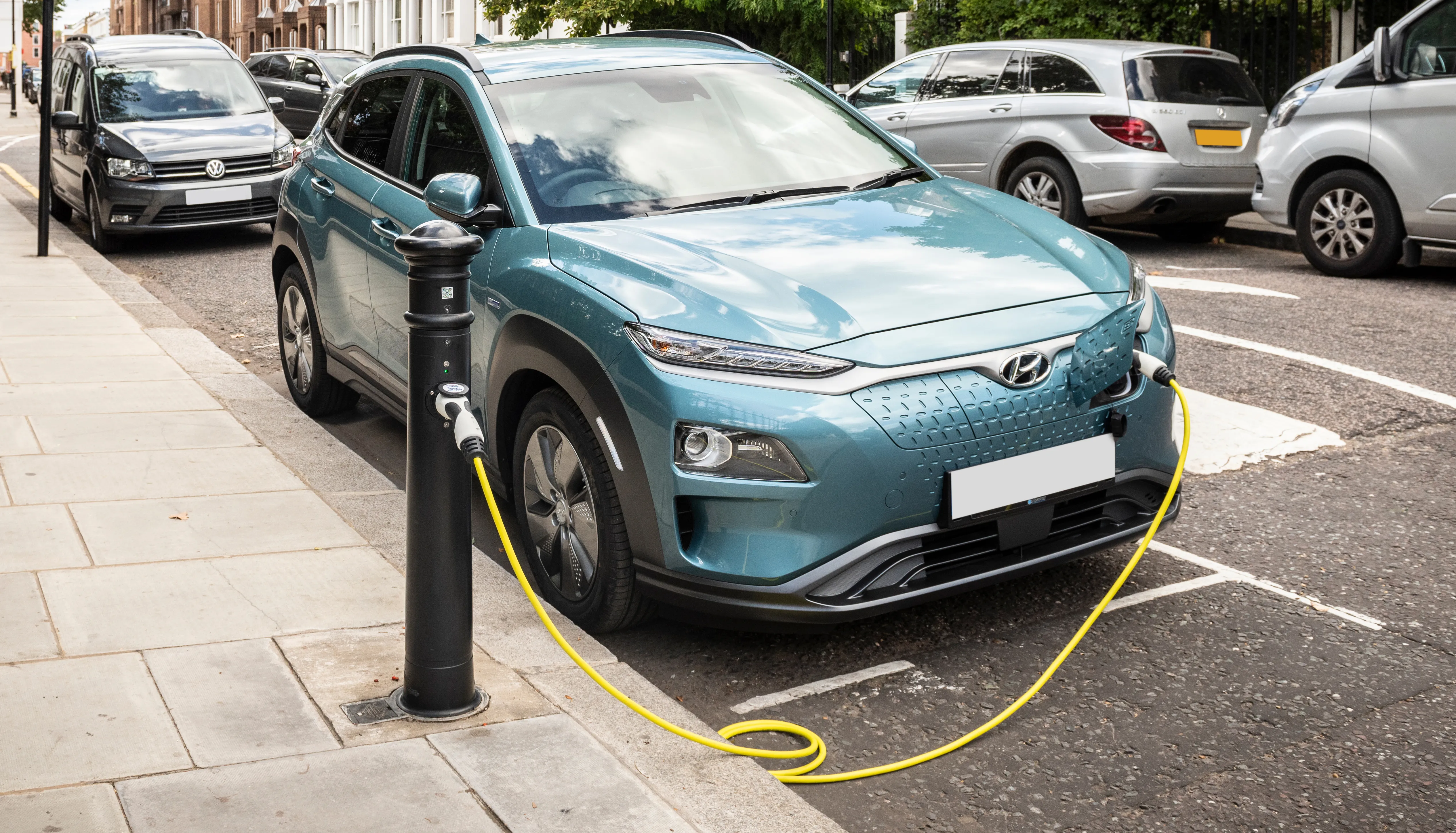
Electric vehicle (EV) start-up Canoo will use BlackBerry’s QNX operating system, including radar sensors, parking sensors and cameras, for its semi-autonomous EVs due next year.
BlackBerry will licence to Canoo its QNX technology, which is used in more than 175 million vehicles on the road.
The deal includes Blackberry’s QNX OS for Safety 2.0 to serve as the foundation for the autonomous vehicle (AV) features within Canoo’s EVs.
QNX OS for Safety is an operating system that embedded developers can use to build safety-critical systems.
Based on BlackBerry’s secure QNX Neutrino real-time operating system (RTOS), QNX OS for Safety has been certified to ISO 26262 ASIL D and IEC 61508 SIL3.
Canoo aims to bring its first production vehicles to market with advanced level 2 or level 2+ autonomy as standard by the end of 2021.
Level 2 features are deemed partial autonomy, enabling the vehicle to manage acceleration and steering and monitor components of its environment in certain conditions.
“Canoo is pushing the boundaries of AV development, challenging the traditional way of building, offering and using vehicles,” said John Wall, senior vice president of BlackBerry Technology Solutions.
“The global AV market is expected to reach nearly $600 billion by 2026," said Phil Weicker, head of propulsion and electronics at Canoo.
"As these systems become more affordable and available to implement in the mass market, our membership model makes it easy to keep our vehicles up-to-date with the latest in ADAS technology."
Canoo, based in Los Angeles, California, is offering EV for subscription and said that its first one will launch at the end of 2021.










